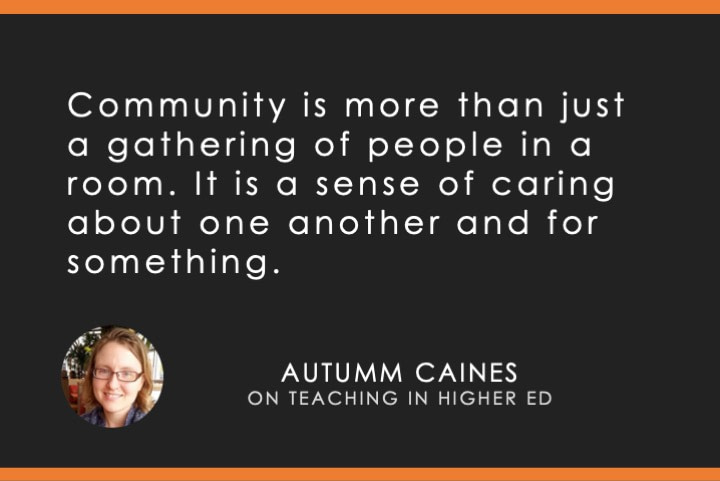Episode: 126: The division of scientific labor (with Saloni Dattani)
Pub date: 2021-02-15

We have a wide-ranging chat with Saloni Dattani (Kings College London and University of Hong Kong) about the benefits of dividing scientific labor, the magazine she co-founded (Works in Progress) that shares novel ideas and stories of progress, and fighting online misinformation
Here are some links and other stuff we cover
- Follow Saloni on Twitter: https://twitter.com/salonium
- Why Saloni started the Works in Progress magazine
- [Overleaf](overleaf.com), for writing papers in LaTeX
- How science will benefit from the division of labour
- Public writing vs. scientific writing
- Why has behavioral science not been very useful in curbing the pandemic?
- A paper suggested a link between digit ratio (2D:4D) and sex differences in COVID fatalities, and another paper debunking this claim
- A paper suggesting baldness is a coronavirus risk factor, without controlling for age
- Should peer-review be abolished altogether? Paper link
- The Japanese mathematician who solved an “impossible” conjecture and posted the papers on his website
- Reforms are more likely by work by chipping away at smaller problems, rather trying to fix everyting
- Google dataset search https://datasetsearch.research.google.com/
- The COVIDfaq.co website
Other links
- [Dan on twitter](www.twitter.com/dsquintana)
- [James on twitter](www.twitter.com/jamesheathers)
- [Everything Hertz on twitter](www.twitter.com/hertzpodcast)
- [Everything Hertz on Facebook](www.facebook.com/everythinghertzpodcast/)
Music credits: [Lee Rosevere](freemusicarchive.org/music/Lee_Rosevere/)
Support us on Patreon and get bonus stuff!
- $1 a month: 20% discount on Everything Hertz merchandise, a monthly newsletter, access to the occasional bonus episode, and the the warm feeling you’re supporting the show
– $5 a month or more: All the stuff you get in the one dollar tier PLUS a bonus episode every month
Buy our Merch here: https://everything-hertz-podcast.creator-spring.com/
Episode citation
Quintana, D.S., Heathers, J.A.J. (Hosts). (2021, February 15) “126: The division of scientific labor (with Saloni Dattani)”, Everything Hertz [Audio podcast], DOI: 10.17605/OSF.IO/VJA4S
Special Guest: Saloni Dattani.
The podcast and artwork embedded on this page are from Dan Quintana, which is the property of its owner and not affiliated with or endorsed by Listen Notes, Inc.








